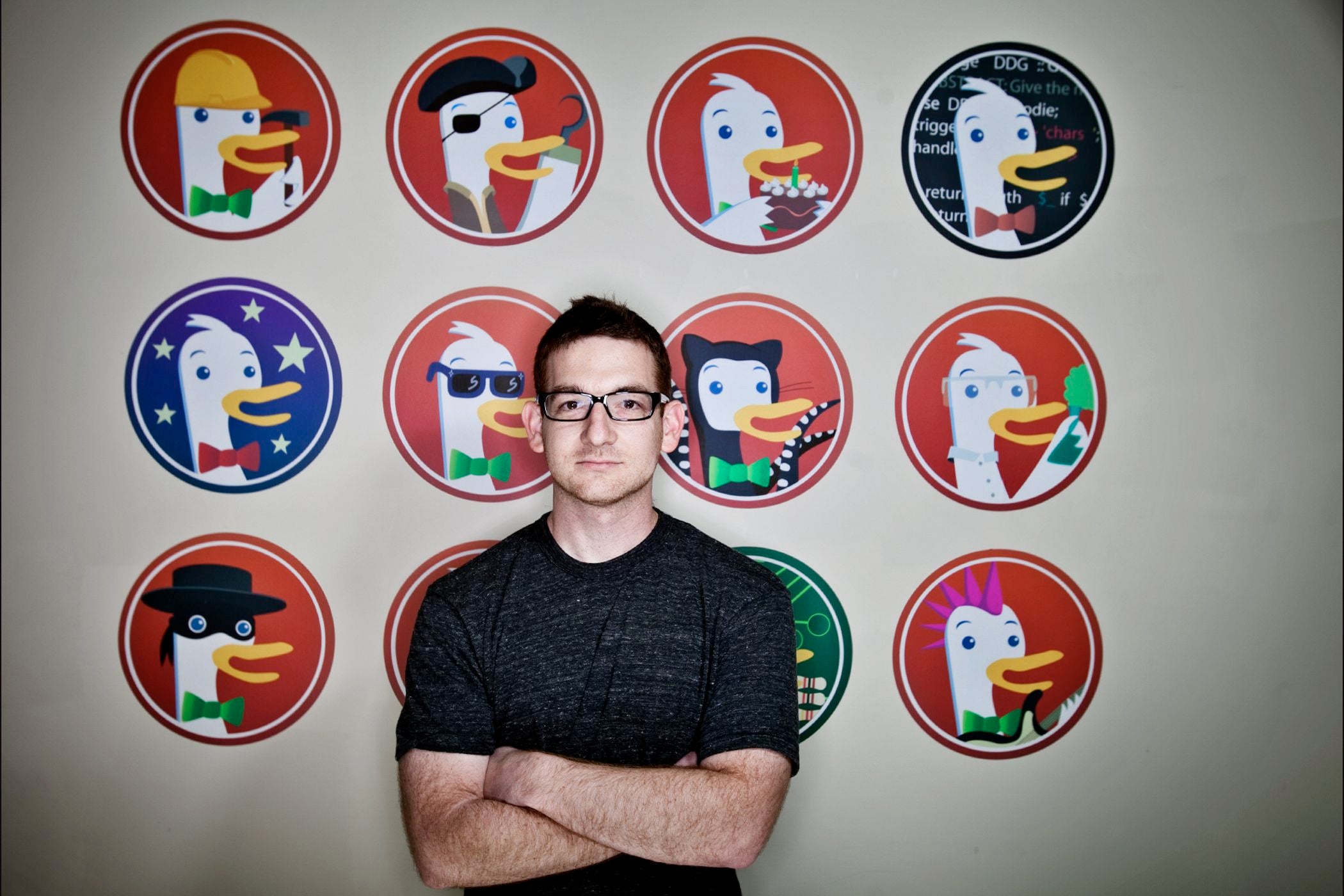

“If you’re looking for this stuff, no matter where you’re searching for it, you can find it,” he said. While Google tended to surface links from trustworthy news sources more often, Bazbaz said adding a few more keywords to any given search usually surfaced the misleading information on Google anyway. Kamyl Bazbaz, vice president of communications for DuckDuckGo, said that its results were often similar to Google’s and that most search terms reviewed by The Times received nearly no traffic.

“We won’t always get that balance just right, but that’s our goal.” “Finding the right balance between delivering authoritative results that match the intent of a search query and protecting users from being misled is a very challenging problem,” Bing said in a statement. After The Times shared some data on search results for numerous terms spread by conspiracy theorists, several of the search results changed entirely, shifting to favor more trustworthy sources. “You don’t really feel like someone’s telling you what the truth is, like you might on social media.”ĭuckDuckGo said it “regularly” flagged problematic search terms with Bing so they could be addressed. “It’s a lot more convincing to look up information, find it and feel that sense of discovery about it,” he said. Those findings matched results from two recent studies, which concluded that Bing’s algorithm surfaced content more supportive of conspiracy theories than Google did. Those comparisons often showed even sharper differences between Google and its competitors. The Times then reviewed a selection of those terms to check whether the content on the linked pages advanced the conspiracy theory or not. Search results on Google also included some untrustworthy websites, but they tended to be less common and lower on the search page. (While DuckDuckGo relies on Bing’s algorithm, their search results can differ.) Search results can change over time and vary among users, but the comparisons provide a snapshot of what a single user might have seen on a typical day in mid-February.įor many terms, Bing and DuckDuckGo surfaced more untrustworthy websites than Google did, when results were compared with website ratings from the Global Disinformation Index, NewsGuard and research published in the journal Science. For a glimpse at what conspiracy theorists encounter when they search online, The New York Times reviewed the top 20 search results on Google, Bing and DuckDuckGo for more than 30 conspiracy theories and right-wing topics.


 0 kommentar(er)
0 kommentar(er)
